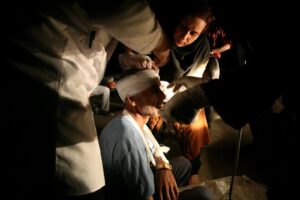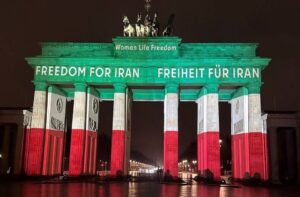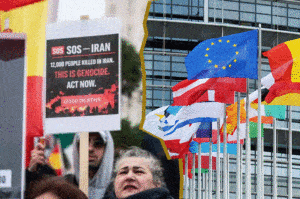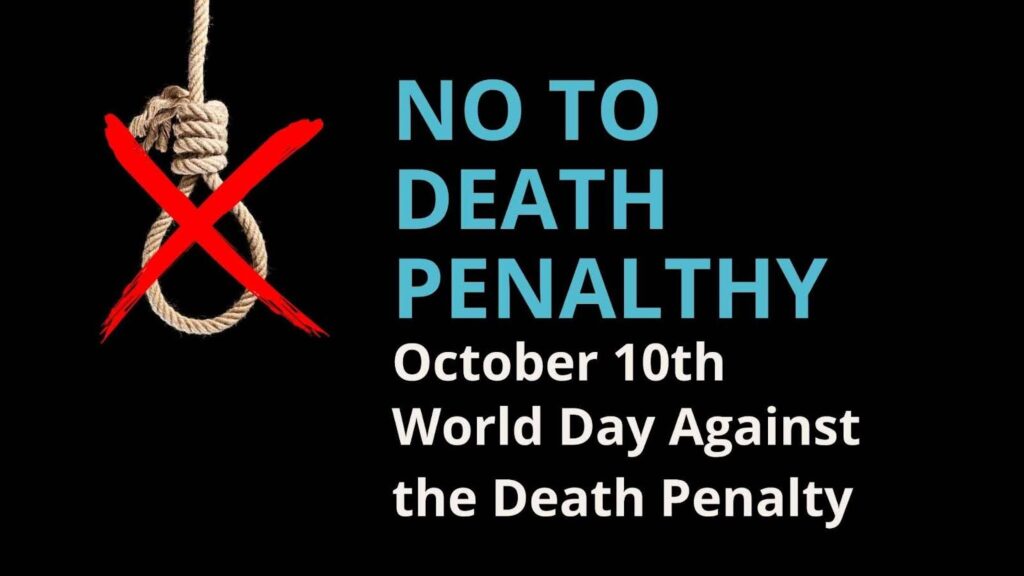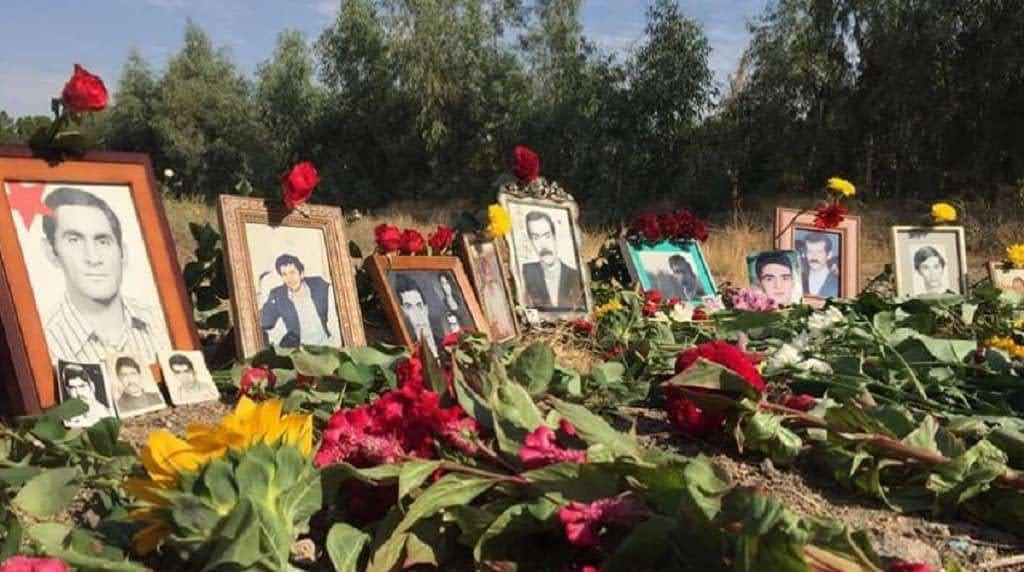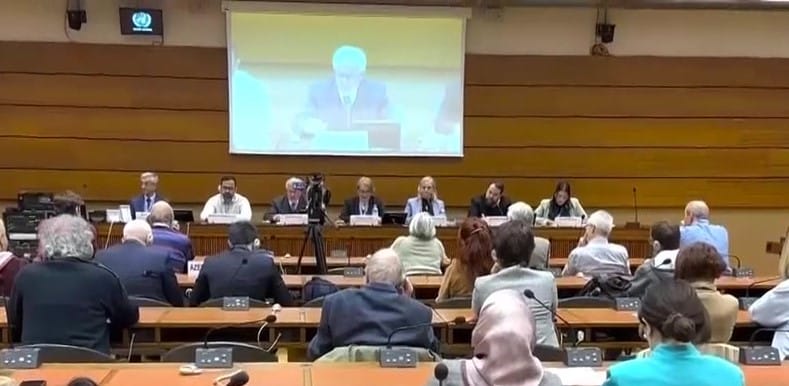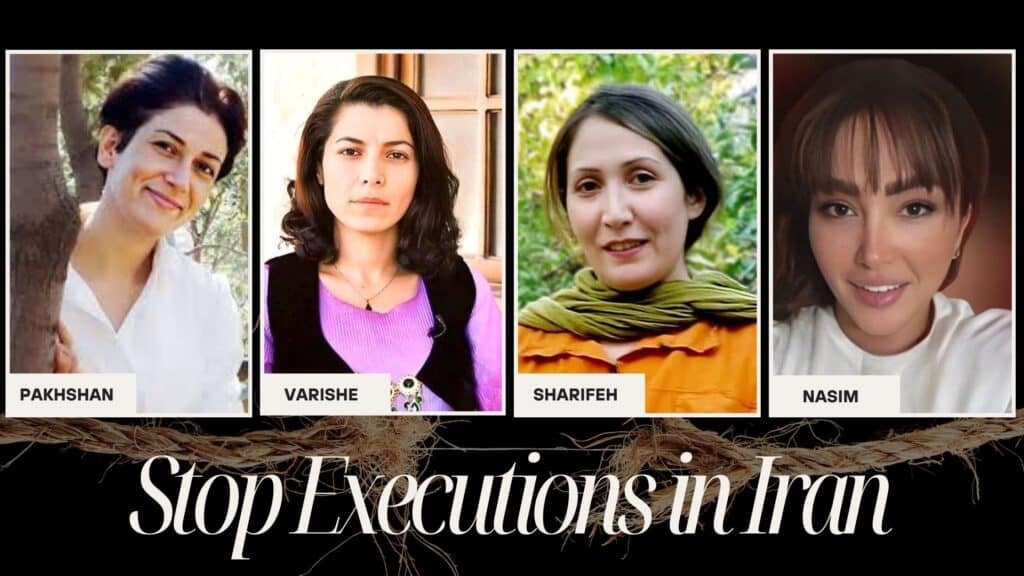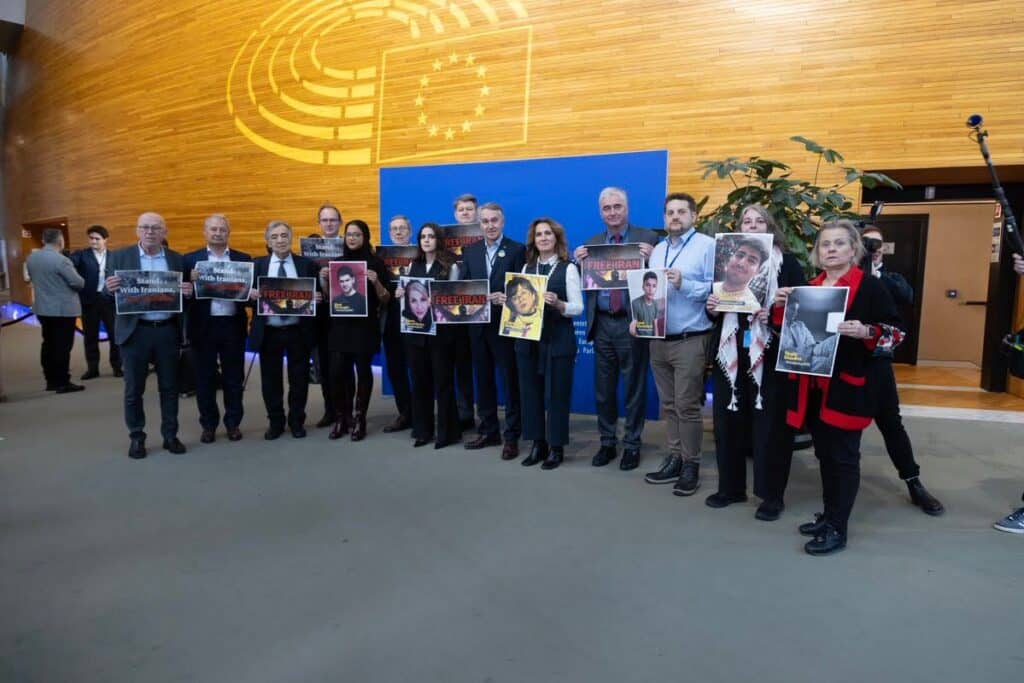On wednesday, november 13, 2024, the Iranian regime sentenced six young individuals in the case known as the “Ekbatan Complex” to death.
The defendants—Milad Armon, Alireza Kafaee, Amir Mohammad Khosh-Eghbal, Navid Najaran, Hossein Nemati, and Alireza Barmarz Pournak—were arrested during the 2022 nationwide protests and accused of involvement in the murder of a theology student. However, their legal representative, Reza Shafakhah, has emphasized that no evidence has been provided to substantiate their involvement in the alleged crime.
This ruling has drawn widespread criticism from human rights advocates and raised concerns about the fairness of the judicial process in Iran. Activists have pointed out the recurring use of forced confessions, a hallmark tactic of the Iranian regime to suppress opposition and fabricate cases against detainees.
Forced confessions, often extracted under torture or duress, have been a long-standing method employed by the authorities to justify harsh sentences, including capital punishment. Such practices have faced widespread condemnation from international human rights organizations, which argue that they violate both Iranian law and international legal standards.
The verdict has once again highlighted the systemic issues within Iran’s judiciary, including the lack of transparency and the suppression of due process, which undermine the credibility of trials in politically charged cases.

